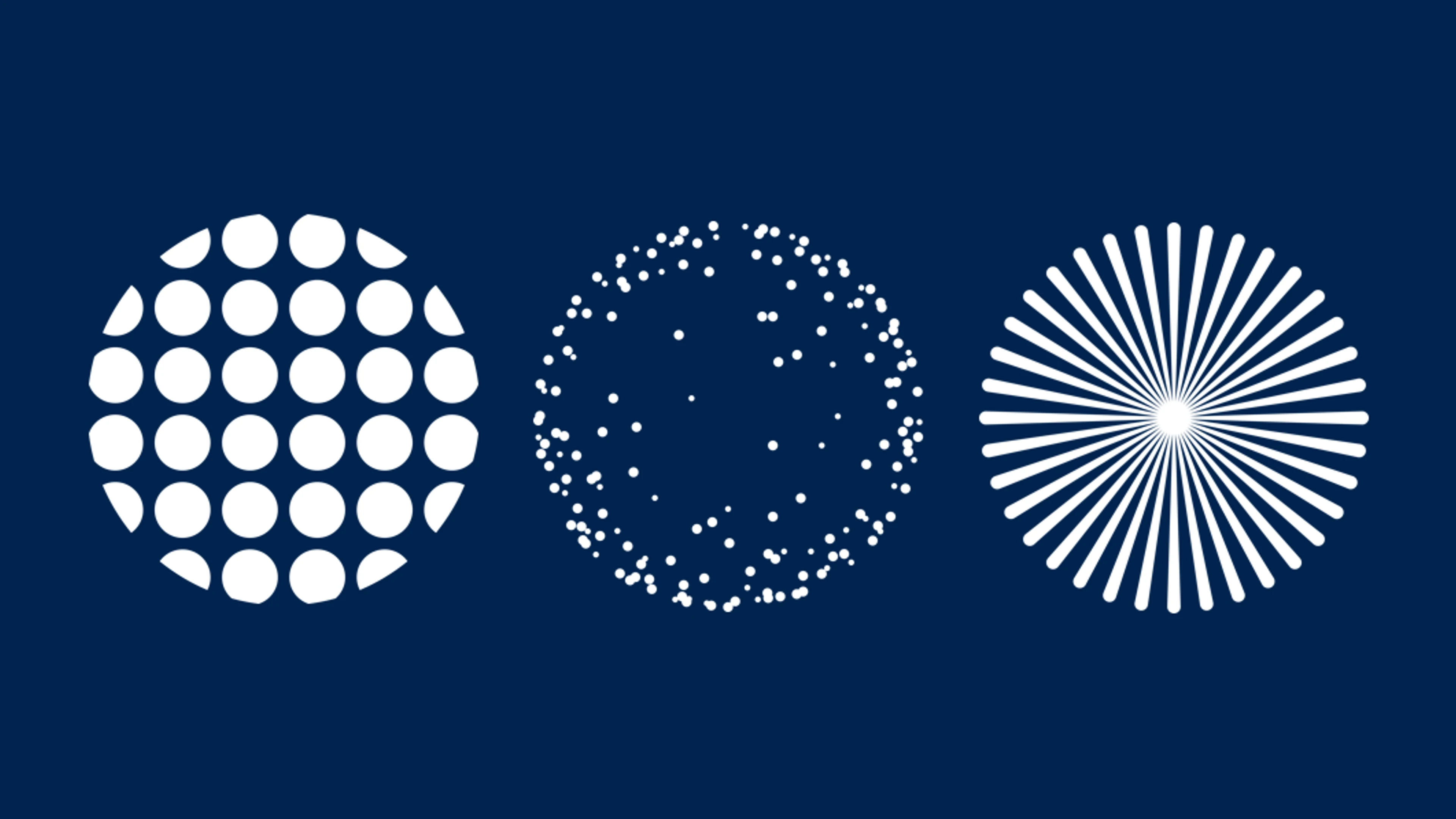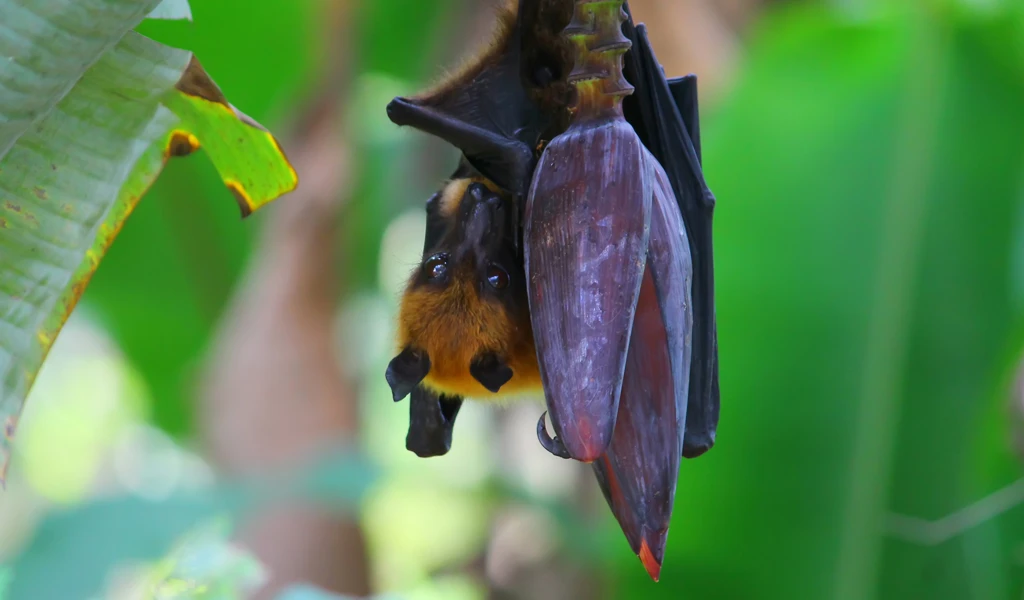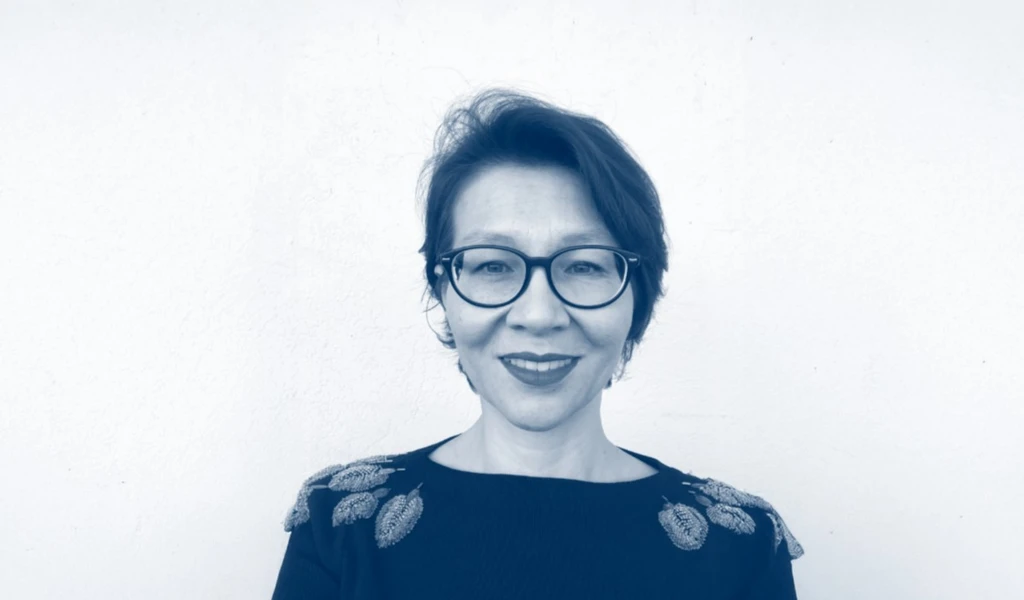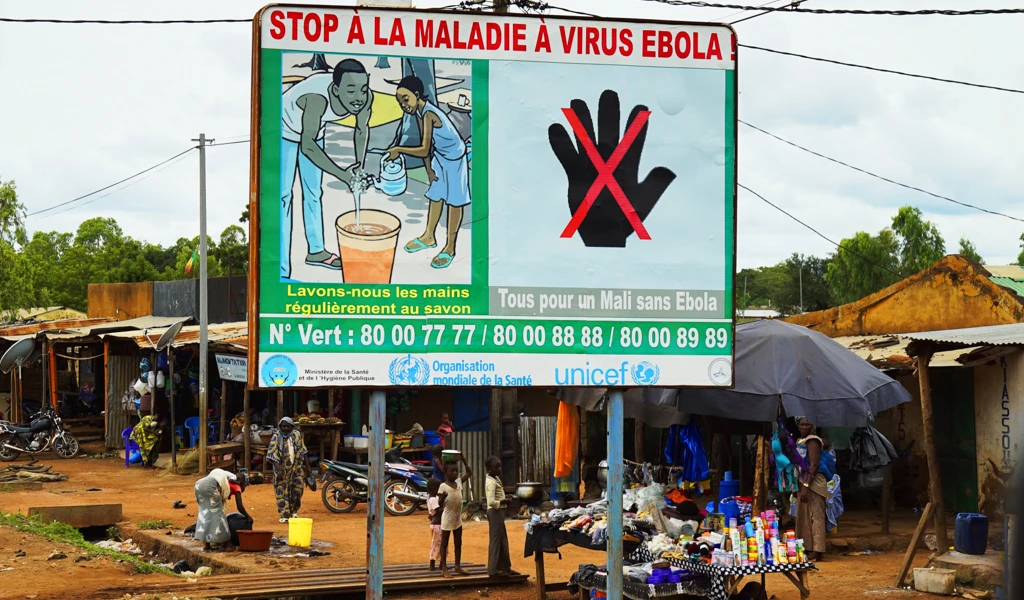6 November 2023, OSLO, Norway: CEPI has appointed nine new experts to its Scientific Advisory Committee (SAC), an external expert group which provides guidance and recommendations to CEPI on R&D programmes and broader outbreak response efforts.
The new members' scientific input, guidance and challenge will be critical in the continued implementation of the CEPI 2.0 strategy, which aims to accelerate the development of vaccines and other biological countermeasures to tackle emerging infectious diseases and enhance global preparedness for future epidemic and pandemic threats.
In response to the rapidly changing landscape of vaccine development and manufacturing, in June 2023 CEPI launched a recruitment drive seeking additional experts and global health professionals for the SAC with extensive experience across relevant scientific and product development disciplines including structural vaccinology/ antigen design; mRNA; AI and Machine Learning in vaccine R&D; clinical development; CMC process development; and regulatory strategy.
Nine new experts have been selected to join the SAC through a rigorous review process of candidates based on expertise, experience, and geographical representation. The appointments were approved by the CEPI Board in September 2023.
The new SAC members are:
- Vincent Ahonkhai — Principal, Gwynedd Consultancy Group, LLC, USA
- Rick A. Bright — CEO/Founder, Bright Global Health, USA
- Assistant Professor Yunlong Cao — Assistant Professor, Peking University, China
- Professor Glenda E. Gray — President and CEO, South African Medical Research Council, South Africa
- Professor Amine Kamen — Professor, McGill University, Canada
- Gary Kobinger — Director, Galveston National Laboratory/Institute for Drug Discovery, University of Texas Medical Branch, USA
- Marie-José Quentin-Millet — Independent Consultant, MJQuentinMillet Consulting, France
- Lynda Stuart — Executive Director/CEO, Institute for Protein Design, USA
- Professor George Warimwe — Deputy Executive Director, KEMRI-Wellcome Trust Research Programme, Kenya and Professor of Vaccinology, University of Oxford, UK
Dr Emmanuel Hanon, Chair of CEPI's Scientific Advisory Committee, said: "As Chair of the Scientific Advisory Committee, it brings me great pleasure to welcome these distinguished new members to contribute to the Committee's important work. Broadening the expertise of the group is vital as the vaccine development and manufacturing landscape continues to evolve at pace, bringing a host of new innovations, new challenges and new opportunities. The SAC, and CEPI's work, stand to benefit enormously from the additional perspectives and experience of its new appointees."
Richard Hatchett, Chief Executive Officer, CEPI, said: "All of CEPI's work is built on a bedrock of scientific knowledge and excellence, so the advice and guidance provided by the world-renowned members of our Scientific Advisory Committee are critical to our success. The diverse expertise of the SAC's newest members will be invaluable to CEPI's progress as we strive, with our partners, to make the 100 Days Mission a pandemic-beating reality.
Experts to advise and guide the coalition
The SAC is an independent body within CEPI and is one of CEPI's core governance groups alongside the Board, Investors Council, and Joint Coordination Group.
Working in a personal capacity, members of the SAC meet at least quarterly (twice in person and twice virtually) to provide world-class scientific input and recommendations to CEPI staff and the Board. This includes advising on a diversity of issues related to vaccine research and development and manufacturing to support the effective implementation of CEPI's strategic objectives. The SAC has no executive function in the operations of CEPI, but plays a critical advisory role.
SAC members terms last for three years and are renewable. Twenty seven current members of the SAC will continue in their roles. These members are:
- Professor Alash'le Abimiku - International Research Centerof Excellence, Institute of Human Virology, Nigeria
- Sani Aliyu - Cambridge University Hospitals Foundation Trust, United Kingdom
- Professor Emeritus Vineeta Bal - Indian Institute of Science Education and Research, Pune, India
- Luciana Borio - Arch Venture Partners, USA
- Paula Bryant - National Institute of Allergy and Infectious Diseases, National Institutes of Health, USA
- Professor Christian Drosten - Charité—Universitätsmedizin, Berlin, Germany
- Peter Dull - Bill & Melinda Gates Foundation, USA
- George Gao - Chinese Center for Disease Control and Prevention/Institute of Microbiology, China
- Professor Azra Ghani - Imperial College London, United Kingdom
- Rebecca Grais - Pasteur Network, France
- Emmanuel Hanon (Chair) - Vicebio, Belgium
- Professor Ken J. Ishii - International Vaccine Design Center, The Institute of Medical Science, The University of Tokyo, Japan
- Kent Kester - IAVI, USA
- Professor Michael King - University of Virginia, USA
- Phil Krause - WHO, USA
- Professor Marc Lipsitch - Harvard T.H. Chan School of Public Health, USA
- Dominique Maugeais - RH Solutions, France
- Krishna Mohan Vadrevu - Bharat Biotech International, India
- Gary Nabel - ModeXTherapeutics, USA
- Laura Palomares Aguilera - Instituto de Biotecnología, Universidad Nacional Autónoma de México (UNAM), Mexico
- Peter Paradiso - Paradiso Biologics Consulting, LLC, USA
- Stanley Plotkin - University of Pennsylvania, USA
- Mahmudur Rahman - GHD|EMPHNET, Bangladesh
- Rino Rappuoli - Fondazione Biotecnopolo di Siena, Italy
- Professor Marco Safadi - Santa Casa de Sao Paulo School of Medical Sciences, Brasil
- Professor Stephen Thomas - SUNY Upstate Medical University, USA
- Professor Linfa Wang - Duke-NUS Medical School, Singapore
ENDS
About CEPI
CEPI is an innovative partnership between public, private, philanthropic, and civil organisations, launched at Davos in 2017. Its mission is to accelerate the development of vaccines and other biologic countermeasures against epidemic and pandemic threats so they can be accessible to all people in need.
CEPI has supported the development of over 30 vaccine candidates against its priority pathogens—Chikungunya virus, Ebola Virus Disease, Lassa virus, Middle East Respiratory Syndrome coronavirus, Nipah virus, Rift Valley Fever virus and SARS-CoV-2—and is a leading funder of research into broadly protective coronavirus vaccines, which could protect against future variants of COVID-19 as well as other coronaviruses with epidemic and pandemic potential. The organization has also invested in the development of rapid response platforms to develop vaccines against Disease X (the threat of an unknown virus).
CEPI has overseen a number of scientific breakthroughs, including the first Phase 3 trial of a Chikungunya vaccine and the advancement of the first ever Nipah and Lassa vaccines into Phase 1 trials. The organization played a central role in the global response to COVID-19, supporting the development of one of the world's largest portfolios of vaccines against SARS-CoV-2, seven of which have been approved for domestic or global use. It also co-led COVAX, the global initiative to deliver fair and equitable access to COVID-19 vaccines, which has delivered approximately 2 billion doses of vaccine to 146 countries around the world.
CEPI's five-year plan for 2022-2026 aims to dramatically reduce or even eliminate the future risk of pandemics and epidemics. Central to the plan is CEPI's goal to compress the time taken to develop safe, effective, globally accessible vaccines against new threats to just 100 days. Achieving this ‘100 Days Mission', which has been embraced by the G7 and G20, would give the world a fighting chance of containing a future outbreak before it can spread to become a global pandemic.
Visit our news page for the latest updates. Follow us via @CEPIvaccines, @DrRHatchett, LinkedIn, and Facebook.



